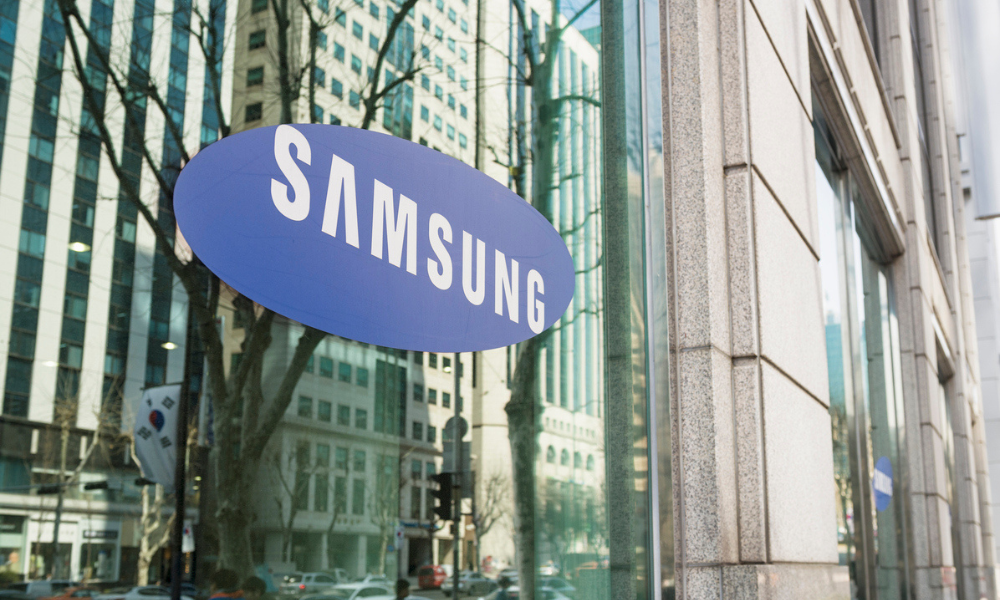Companies have taken to incentivising wellness programmes by giving away wearable tech – but is it legal for them to use the data for performance evaluation?
More and more companies are now aware of the need to introduce wellness programmes within the organisation and some have taken to incentivising their programmes by providing wearable tech to employees.
Unfortunately, this also comes with its own set of complications. For example, fitness trackers have the ability to track and record its wearer’s sleep and exercise activity, stress levels, heart rate as well as their location and even biometric data, in some cases.
Can companies then legally use the data collected as part of their evaluation of the employee’s performance and behaviour, even if the information is collected outside of work?
“The law does permit a company to do so if it had obtained the consent of its employees or otherwise notified them that the personal data that it was collecting from the wearable tech outside of office hours was also to be used in the employees’ performance review,” said Shaun Lee, supervising associate at JWS Asia Law Corporation.
“One of a company’s basic obligations under the Personal Data Protection Act 2012 (PDPA) is to obtain an individual’s consent when collecting, using and/or disclosing his or her personal data.”
“While a company could rely on the PDPA’s exception to obtaining consent under the matrix of ‘managing or terminating an employment relationship between the organisation and that individual’, it still needs to notify the individual of the purpose of the collection, use or disclosure of personal data prior to the same.”
Nevertheless, he said companies should expect some level of resistance from employees in consenting to having their personal data used for such purposes.
At the end of the day, clearly communicating your intentions to your employees and working out the type of information they are willing to share are key things to remember.





